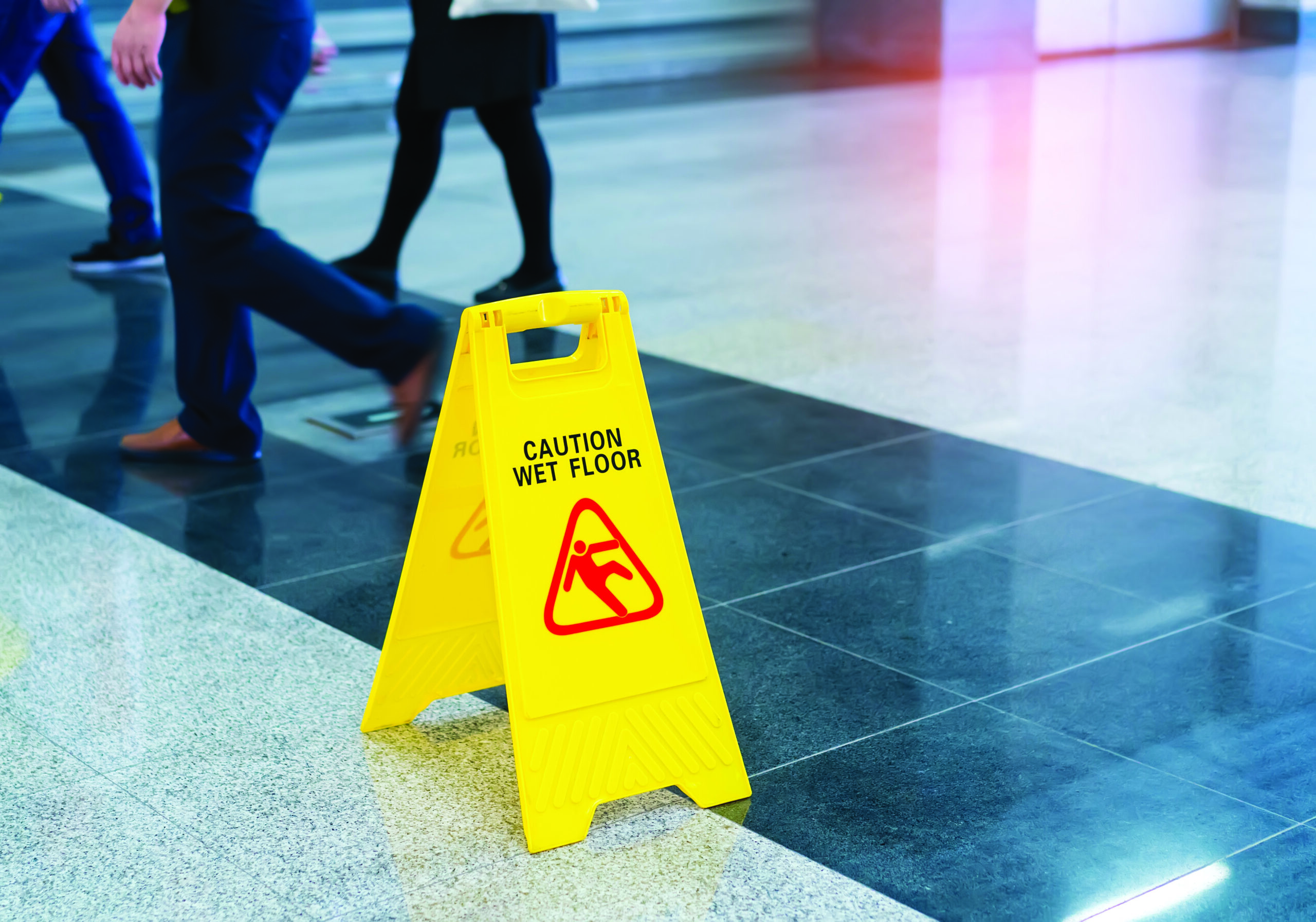by Brandy Abalos
Choosing the right personal injury lawyer is important to ensuring you receive the compensation you deserve. A skilled personal injury lawyer can make a significant difference in the outcome of your case, helping you achieve a fair settlement or jury verdict.
However, the outcome of your case is only one reason for choosing the right personal injury attorney for you. You also want someone who will be dedicated to your case, has time and resources to allocate, and will relieve stress from your shoulders so you can move forward with life.
Here are some key factors to consider when selecting an attorney:
Experience
Look for a lawyer with a proven track record in handling personal injury cases. Experience can be a valuable asset, as it indicates the attorney’s knowledge and familiarity with the legal process.
Personal injury cases can be intricate and involve various legal procedures. A skilled attorney can guide you through these complexities, ensuring that your rights are protected and that you receive the maximum compensation possible.
Specialization
Consider whether the lawyer specializes in personal injury law. This means they have dedicated their practice to this specific area of law and are likely to have a deeper understanding of the relevant laws and procedures.
Personal injury lawyers have the experience and expertise to build a strong case, gather evidence and present your claim effectively in court. They can also provide valuable advice and support throughout the legal process.
Reputation
Research the lawyer’s reputation and read client reviews. This can give you insights into their professionalism, communication skills and overall effectiveness. A lawyer with a good reputation is more likely to have satisfied clients who are willing to recommend their services.
A lawyer with a strong reputation may have a wider network of legal professionals and experts who can assist with your case. This can be beneficial, as it can help to strengthen your case and increase your chances of a favorable outcome.
Legal Fees
Discuss the lawyer’s fee structure upfront. Some lawyers may charge a contingency fee, meaning they only get paid if you win your case. Others may charge an hourly rate. Ensure you understand the terms and conditions of the fee agreement.
Understanding the costs involved in your case helps you plan your finances accordingly. This can prevent unexpected financial burdens and ensure that you can afford the legal representation you need.
Communication
Good communication is essential. Choose a lawyer who is responsive to your questions and concerns, and keeps you informed throughout the process. Open and honest communication helps to build trust between the lawyer and the client. This is important for a successful attorney-
client relationship.
Effective communication allows the lawyer to fully understand the client’s situation, injuries and goals. This ensures that the lawyer can tailor their approach to meet the client’s specific needs.
Compatibility
It’s important to feel comfortable and confident in your lawyer. Consider whether you can establish a good rapport and trust their judgment. It’s important to find a lawyer who shares your goals and values. If you and your lawyer are aligned in terms of your expectations, you are more likely to work together effectively.
A good attorney-client relationship is built on collaboration. If you and your lawyer are compatible, you are more likely to work together effectively to achieve your goals. Knowing that you have chosen a lawyer who you can trust and respect can provide you with peace of mind during a difficult time.
Location
While location may not be the most critical factor, it can be helpful to have a lawyer who is familiar with the local legal system and courts. Attorneys who practice in a specific region are likely to be more familiar with the local laws, regulations and court procedures. This knowledge can be invaluable in building a strong case and navigating the legal system efficiently.
Attorneys who are familiar with the local community may have a better understanding of local customs, practices and cultural nuances. This can be helpful in building rapport with clients and effectively representing their interests.
Choosing an attorney who is located nearby can be convenient for scheduling meetings, attending court hearings and communicating effectively. This can help to reduce stress and streamline the legal process.
References
Ask for references from previous clients to get firsthand accounts of their experiences with the lawyer. Satisfied clients are more likely to recommend their attorney. By speaking with previous clients, you can gain insight into their overall satisfaction with the attorney’s services and the outcome of their case.
If you can find references from clients who had similar cases to yours, you can get a better understanding of how the attorney handled those cases and the results they achieved. Additionally, if you have concerns or questions about the attorney’s approach, references can provide insights into how the attorney handled conflicts or disagreements with previous clients.
Choose the Right Personal Injury Attorney with Confidence
Remember, choosing the right personal injury lawyer is a decision that should not be taken lightly. Take the time to research and interview potential attorneys to find the best fit for your case. By carefully considering these factors, you can choose a personal injury attorney who is qualified, experienced and committed to advocating for your rights.








Leave A Comment